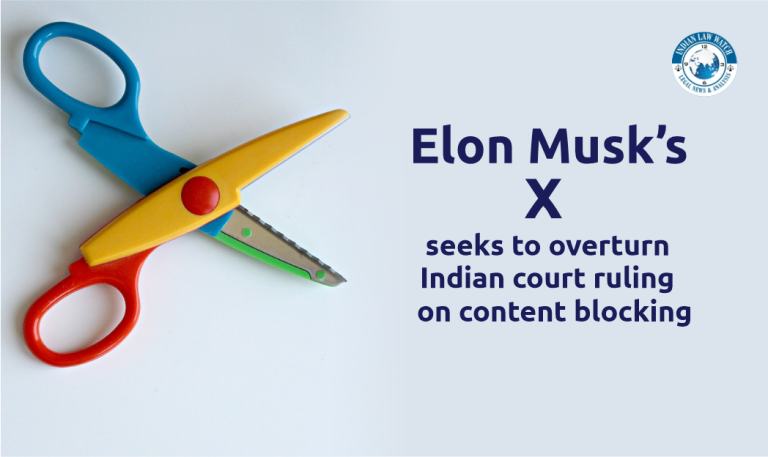

A World Trade Organization member or members can file a case in the Geneva-based multilateral body if they feel that a particular trade measure is against the norms of WTO. The ruling followed a dispute filed by the European Union, Japan and Taiwan against these duties in WTO.
India has appealed against a ruling of the World Trade Organization’s (WTO) trade dispute settlement panel which stated that the country’s import duties on certain information and technology products are inconsistent with the global trade norms.
“India appeals, and requests the Appellate Body to reverse, modify, or declare moot and of no legal effect, the findings, conclusions, rulings and recommendations of the panel,” WTO has said.
It said India has sought a review by the Appellate Body of the “errors of law” and legal interpretation by the panel in its report.

-
The dispute panel of World Trade Organization on April 17 said in its report that import duties imposed by India on certain information and technology products violate global trading norms.
-
The ruling followed a dispute filed by the European Union, Japan and Taiwan against these duties in World Trade Organization.
-
The appeal was filed by India in the WTO’s appellate body, which is the final authority on such trade disputes.
-
The EU on April 2, 2019 had challenged the introduction of import duties by India on a wide range of ICT products, for instance, mobile phones and components, base stations, integrated circuits and optical instruments.
-
The EU had claimed that the measures appear to be inconsistent with certain provisions of World Trade Organization. Later, Chinese Taipei and Japan also joined the dispute.
-
According to World Trade Organization rules, a WTO member or members can file a case in the Geneva-based multilateral body if they feel that a particular trade measure is against the norms of WTO.
-
Bilateral consultation is the first step to resolve a dispute. If both sides are not able to resolve the matter through consultation, either of them can approach for establishment of a dispute settlement panel.
-
The panel’s ruling or report can be challenged at WTO’s appellate body. Interestingly, the appellate body is not functioning because of differences among member countries to appoint its members. Several disputes are already pending with this body. The US has been blocking the appointment of the members.
-
“Given the ongoing lack of agreement among WTO members regarding the filling of Appellate Body vacancies, there is no Appellate Body Division available at the current time to deal with the appeals,” WTO has said in a statement.
-
Even if the body, which is the final arbiter on such trade disputes, starts working from now, it would take over an year to take up India’s appeal.
-
According to trade experts, if the appellate body also passes a ruling against India’s support measures, New Delhi will have to abide by that and make appropriate changes in the way it provides those measures.
-
Last year, India had appealed against a ruling of WTO’s trade dispute settlement panel which said that the country’s domestic support measures for sugar and sugarcane are inconsistent with global trade norms.
Source: The Telegraph India





